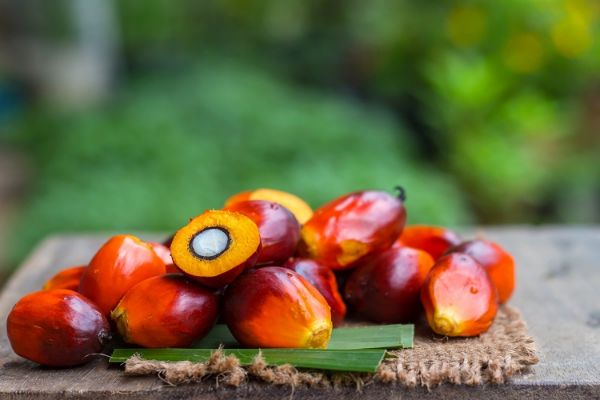Conservation narratives do not deter palm oil: MPOB
Published on: Saturday, January 23, 2021
By: Bernama
 Credit: foodnavigator.com
Credit: foodnavigator.com
Kuala Lumpur: Palm oil will continue to be the powerhouse of the oils and fats market despite the conservation narratives focused on specific themes such as tropical deforestation and misleading anti-palm oil campaigns, the Malaysian Palm Oil Board (MPOB) said.It said palm oil was statistically the largest produced vegetable oil in 2020 at about 31 per cent of the world’s 235.4 million-tonne oils and fats production compared to 25 per cent for soybean oil and 11 per cent for rapeseed oil.
ADVERTISEMENT
“From frying oils to shortenings in baking, palm oil is used in various products as it is the only vegetable oil that naturally semi-solid at room temperature with a balanced content of saturated and unsaturated fatty acids (about 1:1),” it said in a statement Friday.
The agency said palm kernel oil, which has a sharp melting profile, could be physically fractionated into palm kernel stearin which is widely used as confectionery fats.
“And because of its versatility and functionality, numerous research and efforts with investments of millions of capitals to imitate palm oil were carried out but none of the existing alternatives to palm oil is currently economically or environmentally viable at scale,” it said.
MPOB said three other vegetable oils – soybean, rapeseed and sunflowers – are significantly higher in polyunsaturated fatty acids than palm oil and therefore stay in the liquid state at room temperature, which limits their functionality in foods.
ADVERTISEMENT
It said these oils require modification to make them more solid and oxidative stable when replacing palm oil in food products.
The modification procedure, known as hydrogenation, could generate trans fatty acids that have been shown to be harmful to human health.
ADVERTISEMENT
“Hydrogenation of unsaturated vegetable oils could be useful for non-food application namely surfactants and cosmetics, where the different fatty acid profile is important to emulate the consistency and behaviour of palm oil used in those products.
“Even so, this is costly as other crops are more expensive and less productive than oil palm,” it said.
MPOB said researchers are analysing various methods to produce oil of similar qualities to palm oil.
It said currently, scientists are focusing on rearranging molecules of fats on glycerol’s backbone using enzymes to obtain fats with similar functionality as palm oil with hope to replace palm oil in food products.
“Globally, palm oil covers 23.4 million hectares of cultivation land, five times smaller than soybean cultivation area, but produces on average 3.24 tonnes per hectare annually.Stay up-to-date by following Daily Express’s Telegram channel.
Daily Express Malaysia










